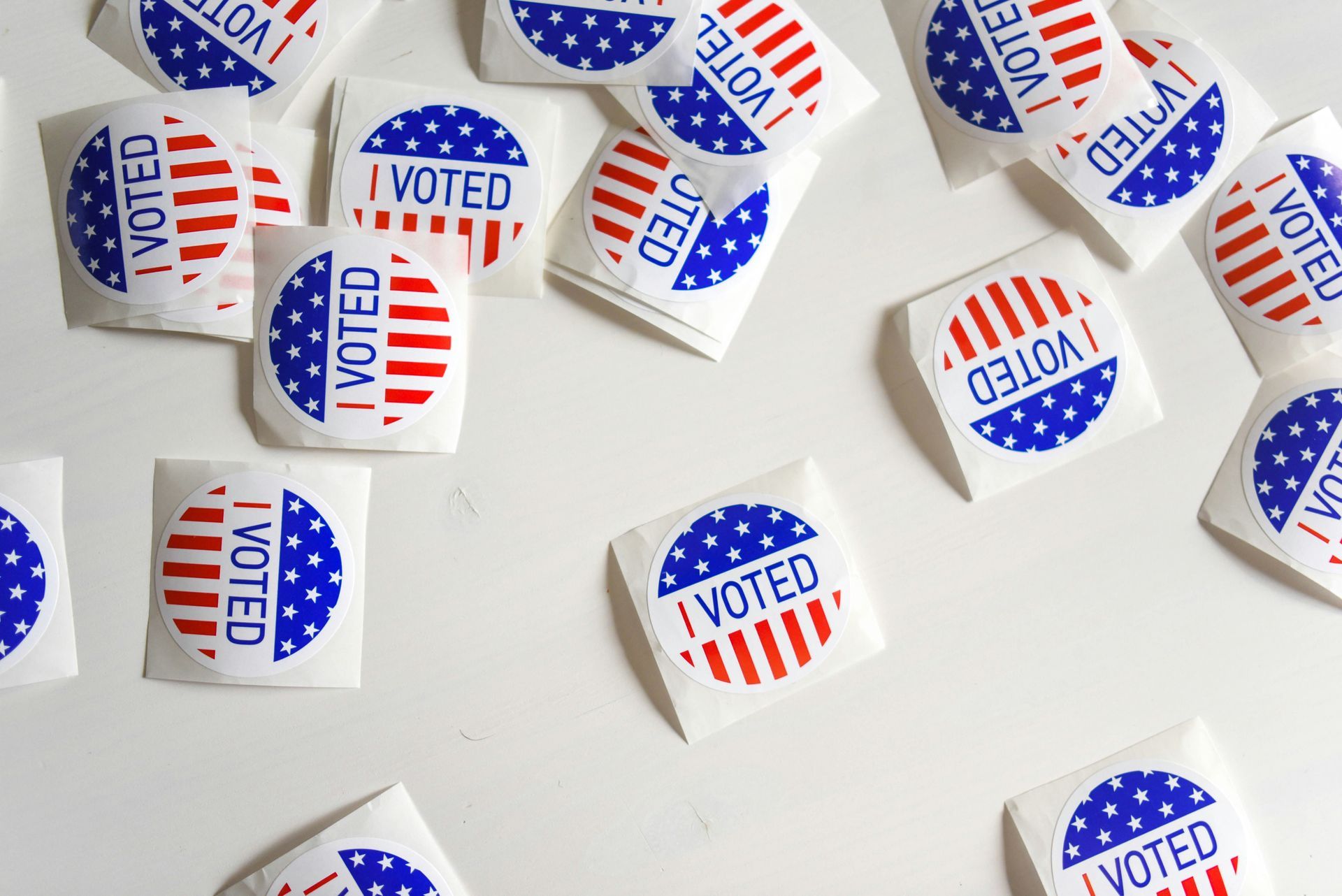GOVERNMENT AFFAIRS NEWS

In today’s rapidly evolving business landscape, Henderson Libraries have become more than just knowledge centers—they are invaluable resources for fostering local business growth and supporting economic development. They are adapting to the needs of businesses, entrepreneurs, and job seekers, playing a crucial role in the success of the local economy.

The Federal Trade Commission (FTC) recently faced a significant judicial challenge regarding its new rule aimed at banning non-compete agreements . This rule, which was set to take effect on September 4, 2024, has been a topic of intense debate and legal scrutiny. Here’s a detailed look at the developments and implications of this judicial challenge. The FTC introduced the non-compete rule in May 2024, with the goal of prohibiting almost all non-compete agreements between employers and workers. The FTC argued that these agreements constituted unfair methods of competition, which are prohibited under Section 5 of the FTC Act. The rule was seen as a bold move to protect workers’ rights and promote fair competition in the labor market. On August 20, 2024, U.S. a case brought in Texas granted the plaintiffs’ motion for summary judgment , setting aside the FTC’s non-compete rule nationwide . The court reaffirmed that the FTC exceeded its statutory authority and that the rule was arbitrary and capricious . This ruling prevents the rule from taking effect on its scheduled date of September 4, 2024 . The nationwide injunction has significant implications. It prevents the FTC from enforcing the rule across the entire United States, not just against the plaintiffs involved in the case . This decision marks a major setback for the FTC’s efforts to regulate non-compete agreements through broad rulemaking. The FTC has indicated that it is seriously considering an appeal of Judge Brown’s decision . Additionally, other legal challenges are pending in federal courts in Pennsylvania and Florida, which could lead to different outcomes and potentially create a circuit split . This situation sets the stage for a possible review by the U.S. Supreme Court. The judicial challenge to the FTC non-compete rule highlights the complexities and controversies surrounding regulatory authority and labor market regulations. As the legal battles continue, the future of non-compete agreements in the United States remains uncertain. Employers and workers alike should stay informed about these developments, as the outcomes will have far-reaching impacts on employment practices and competition law.









